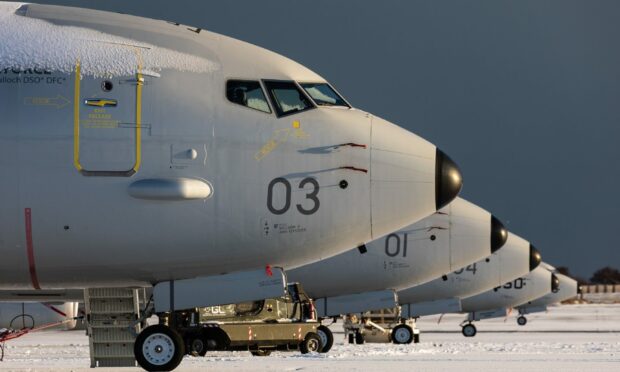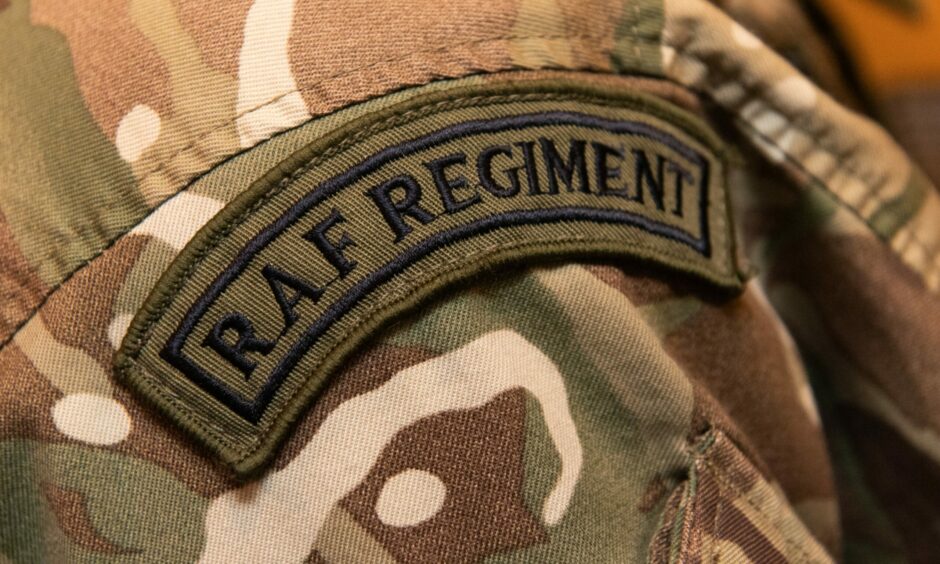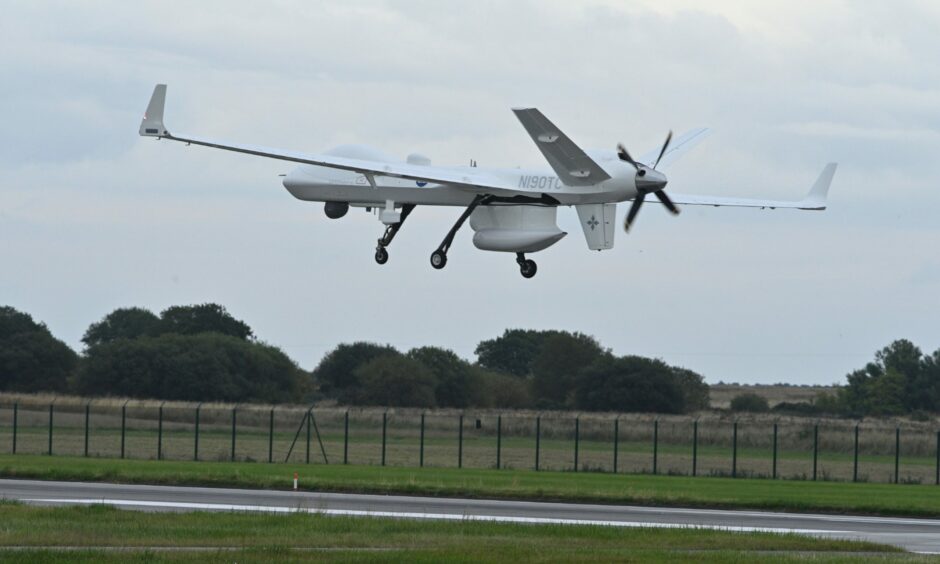Marine surveillance jets based at RAF Lossiemouth will used to help protect offshore oil and gas assets amid concerns about sabotage attempts by Russia.
The operation is likely to involve P-8 Poseidon sub-hunting jets from the airbase, which is a “quick reaction alert” station for defence operations around the Scottish coast.
It is part of greater military action in the North Sea that is intended to increase protection for offshore installations.
The threat level rose after the suspected sabotage of the Nord Stream gas pipelines in the Baltic Sea – although Russia has denied any involvement in a series of explosions that caused huge leaks.
As well as helping Norway, the RAF Lossiemouth planes are expected to safeguard the Langeled pipeline that carries Norwegian natural gas to the United Kingdom.
Need for ‘robust defensive action’
Energy industry sources confirmed this weekend that no incidents had occurred in UK waters but precautions were being taken.
On Wednesday, Norway mobilised its armed forces to protect its oil and gas platforms after unidentified drones were seen.
Jonas Gahr Store, the prime minister of Norway, said he intended to accept an offer of assistance from the UK, details of which are expected to be revealed within days.
It comes after Tobias Ellwood, chairman of the Commons defence committee, told The Sunday Times that military patrols should be launched immediately.
He said: “We need to make it clear that we will take robust defensive action to protect our critical national infrastructure.”
‘Sabotage would be met with a united and determined response’
Defence sources say the planes would provide a widearea surveillance picture of activity around oil and gas infrastructure.
Poseidon jets can drop sonobuoys — underwater listening devices — to detect hostile submarines or drones.
An inner protection ring would be provided by the Royal Navy and Royal Marines commandos.
A senior naval source said: “Nato has made it clear to Moscow that sabotage would be met with a united and determined response.”
The Maritime Autonomous Systems Trials Team, based in Faslane, now has drones that can monitor large areas of the sea bed. Naval sources said they could pick up signs of sabotage activity.
The Ministry of Defence declined to discuss security plans. A RAF source said that its surveillance aircraft “continually monitored our enemies”.
Mark Wilson, safety director for Offshore Energies UK, the industry group, said: “Recent advice says companies should continue to ensure that security protocols are resilient and to report any suspicious events.”



Conversation